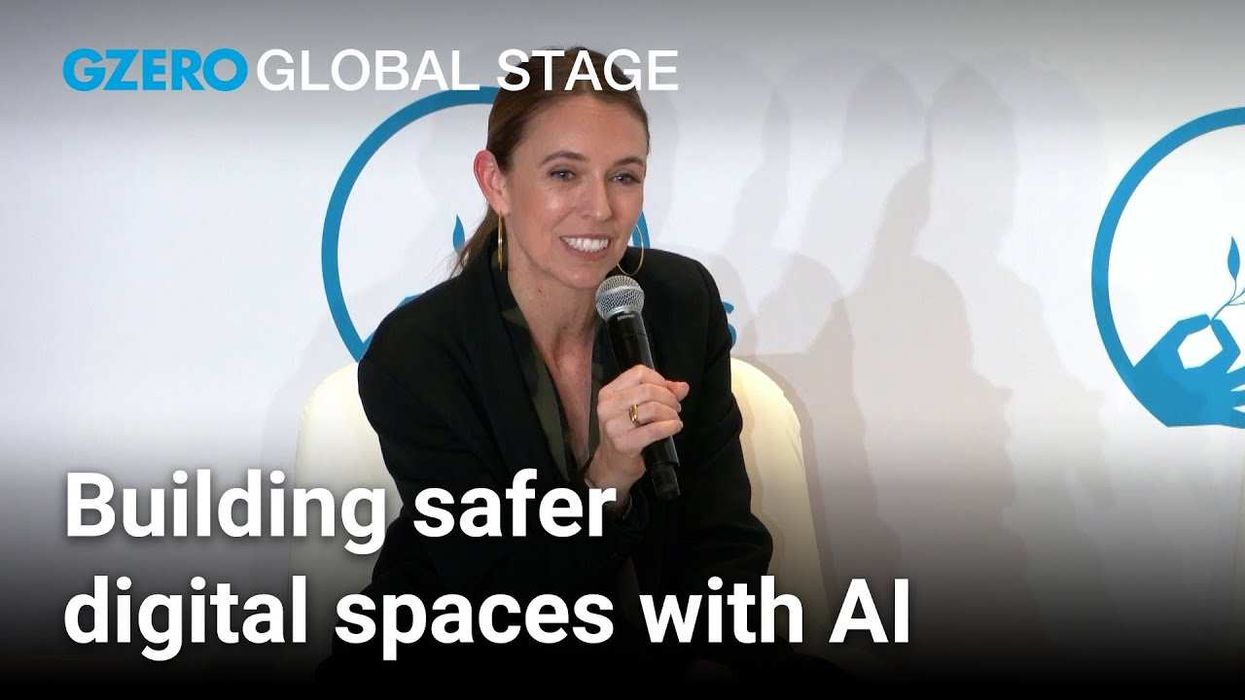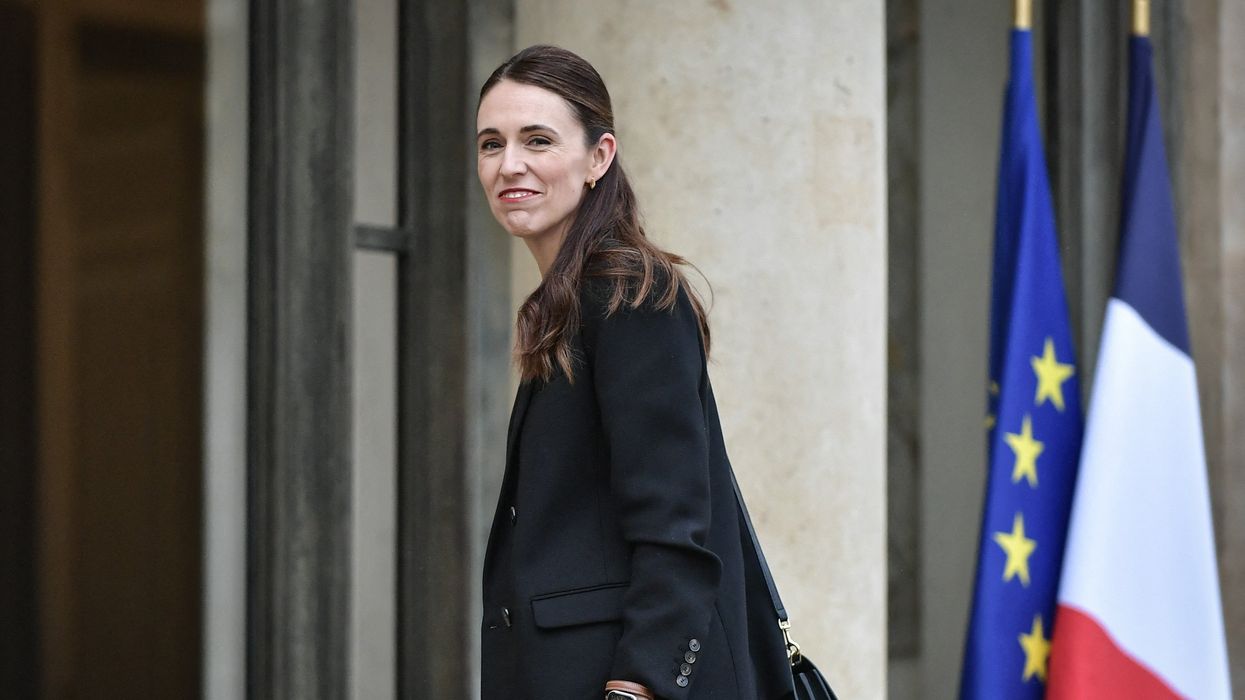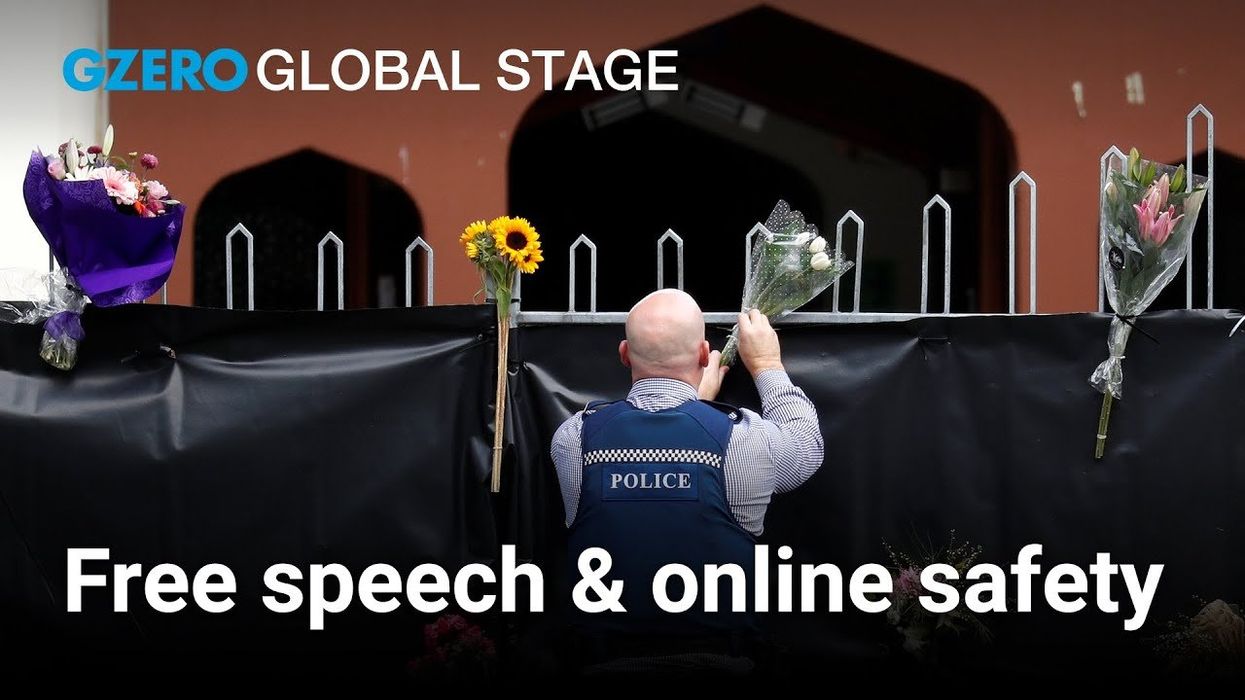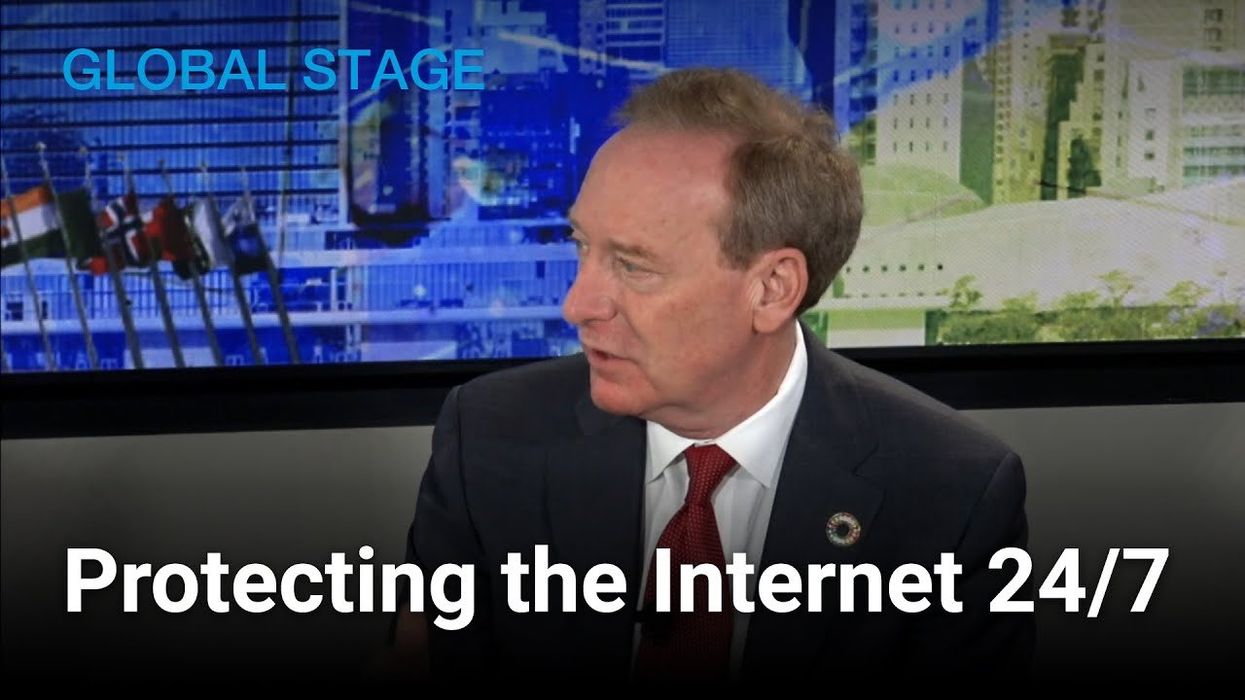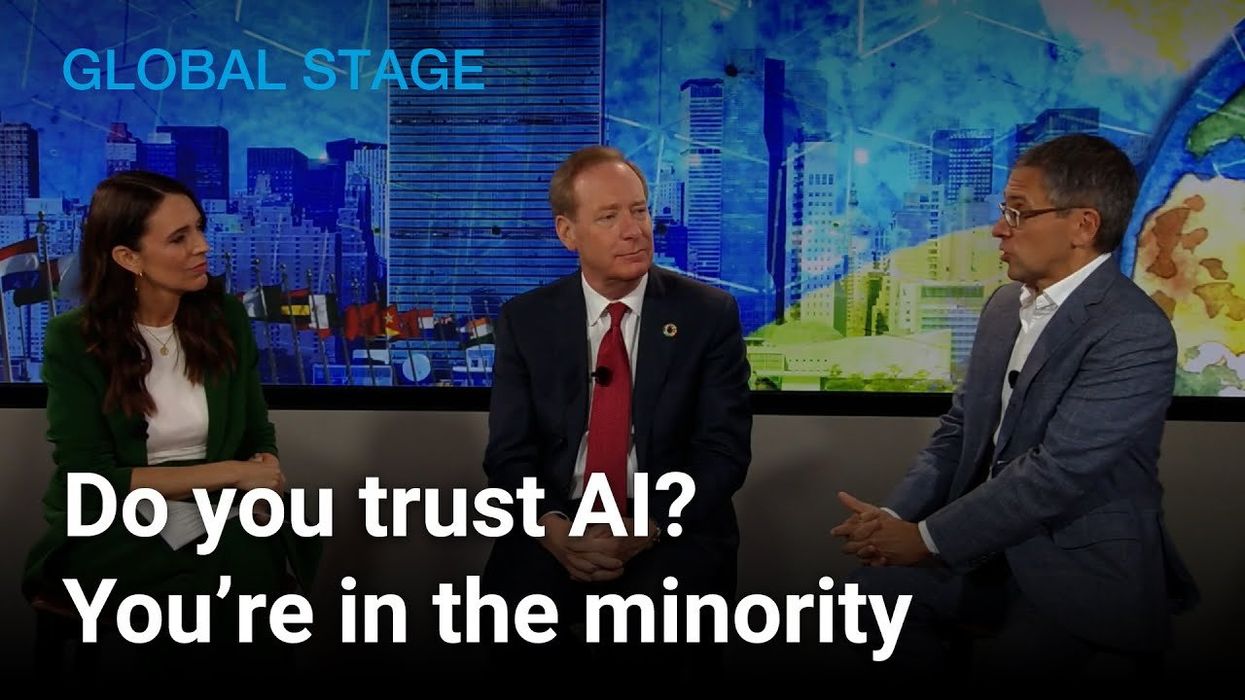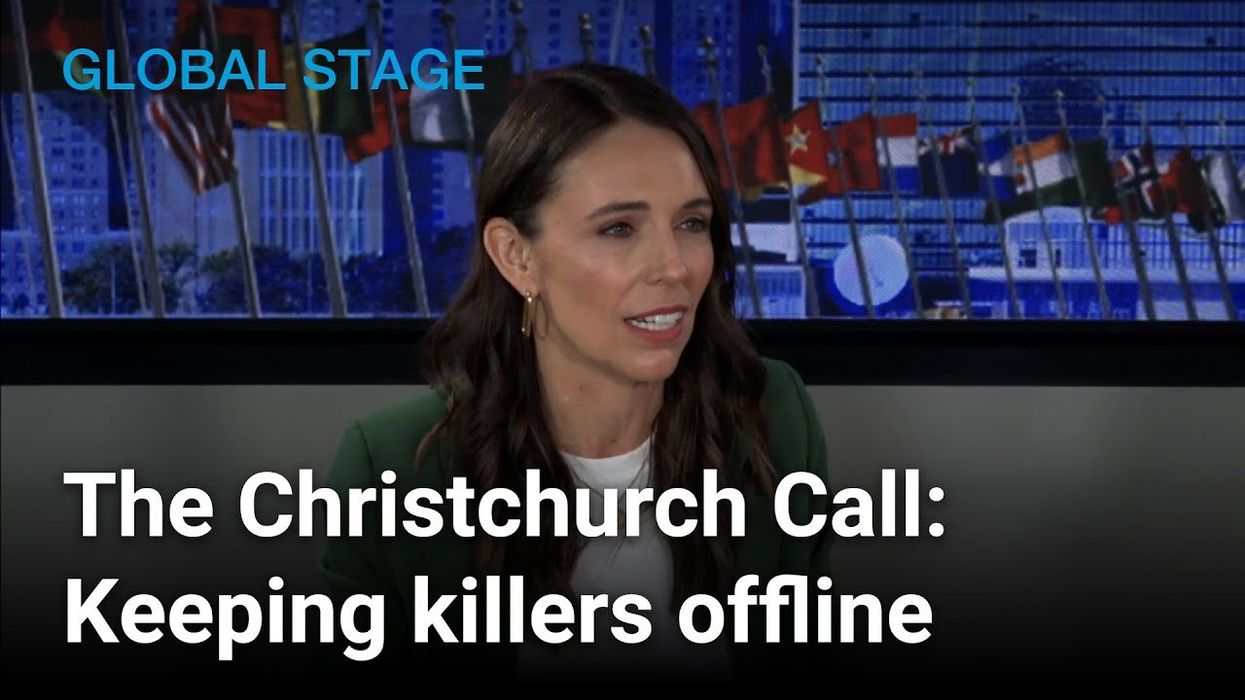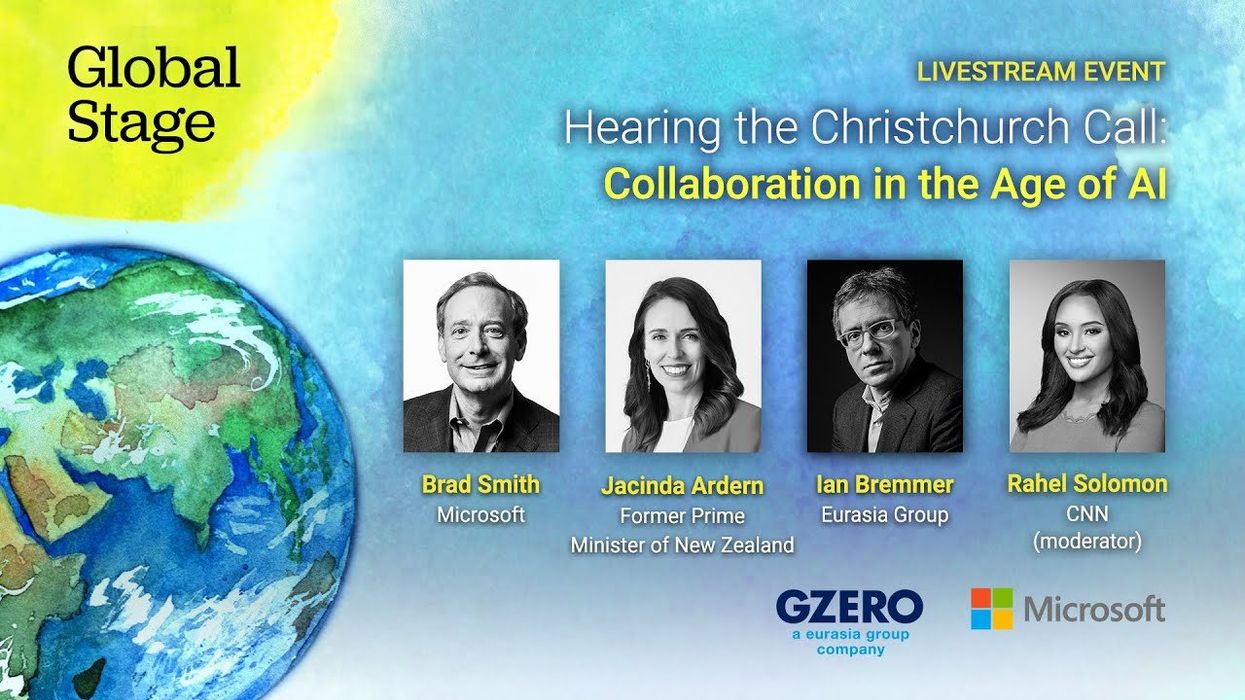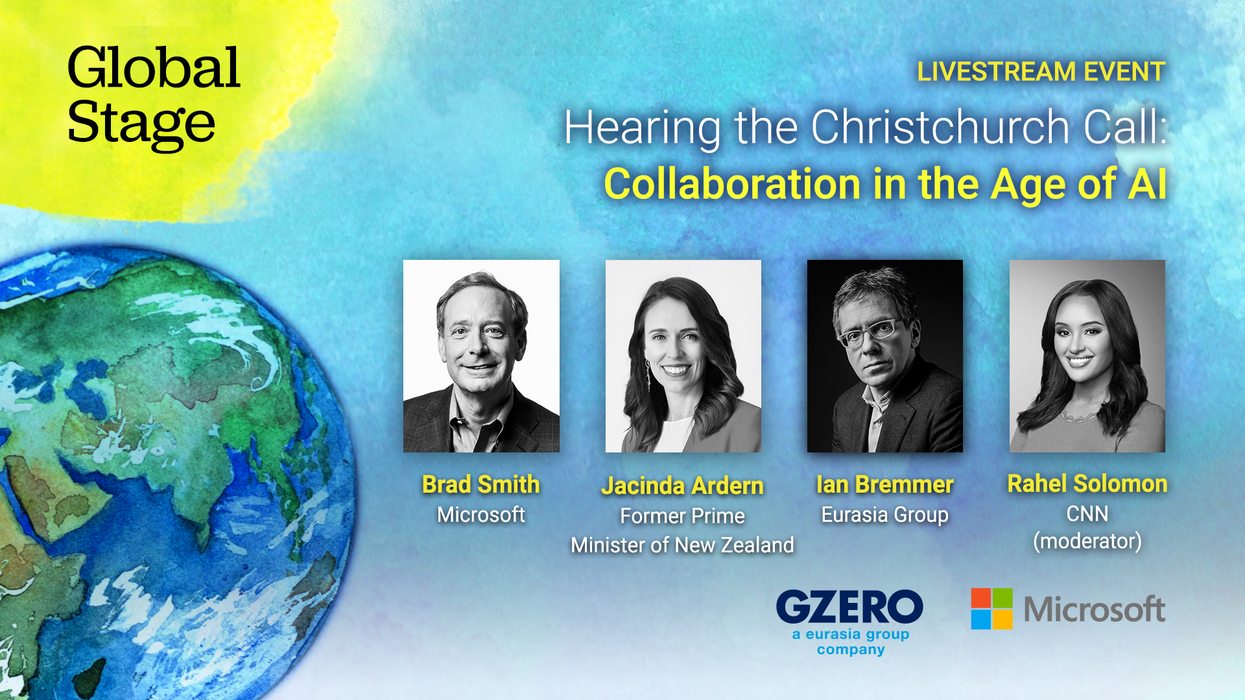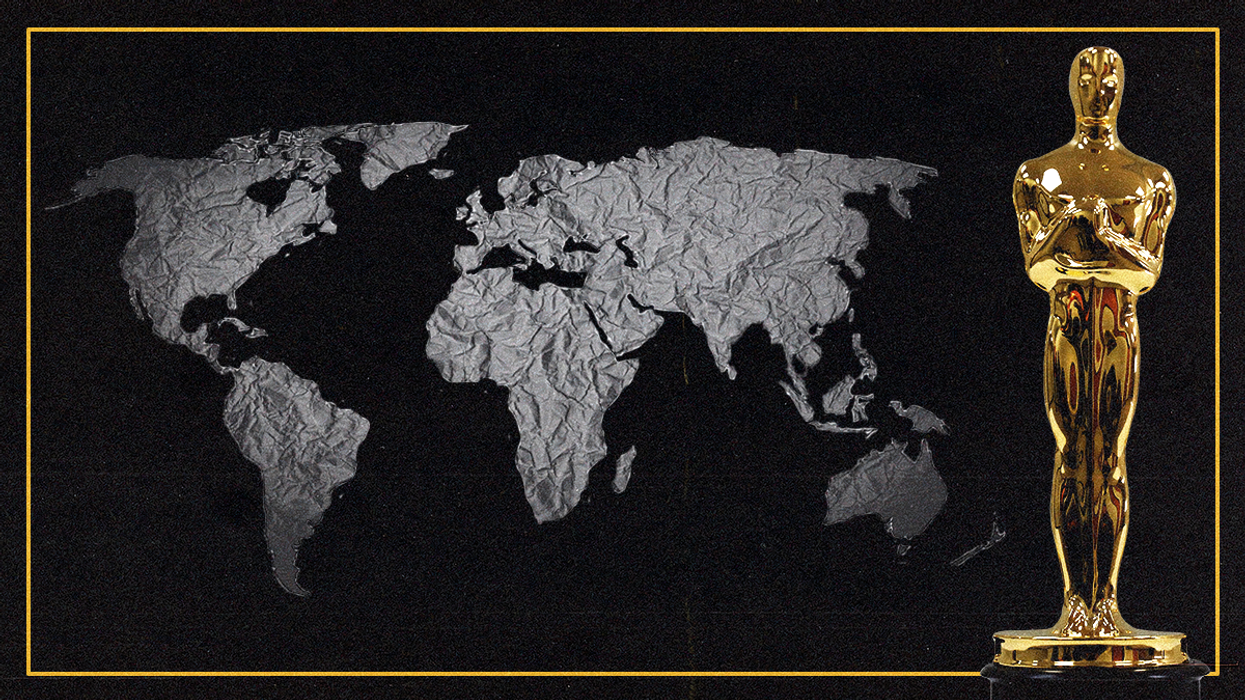Paris Peace Forum
Jacinda Ardern on AI's role in countering extremism online
Former New Zealand Prime Minister Jacinda Ardern says AI can be both a force for good and a tool for harm. “AI has either the possibility of…providing interventions and disruption, or it has the ability to also further harms, increase radicalization, and exacerbate issues of terrorism and extremism online.”
Nov 01, 2025
